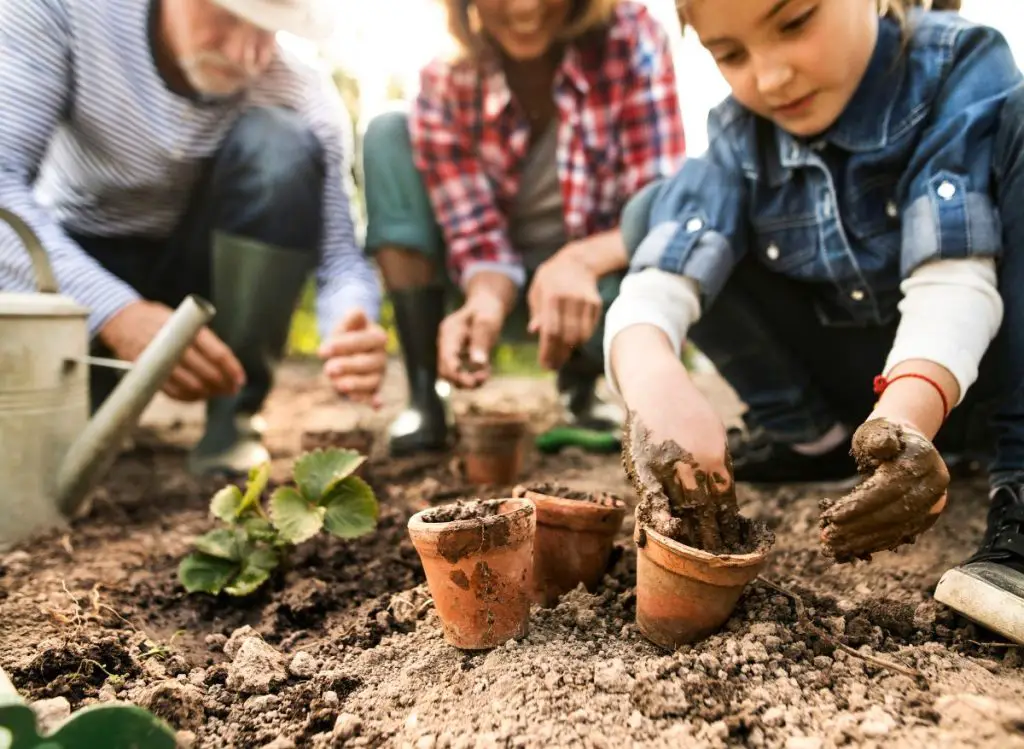
Are you an avid gardener looking for ways to save money on fertilizers? You are in the right place! One of the highest recurring costs for gardening is plant food, particularly popular brands like Miracle-Gro.
The good news is that there are cheaper alternatives out there that are just as effective, if not healthy and better, than Miracle-Gro because some gardeners have concerns about chemicals leaching into the soil. And I believe that by switching to cheaper options, you can save yourself a considerable amount of money over time.
Read on to explore cheaper alternatives to Miracle-Gro that you should consider using in your garden. If you are interested in more Miracle-Gro alternatives, I wrote a whole article sharing the 10 best Miracle-Gro alternatives.
1- Compost
Composting is a natural and inexpensive way to nourish your plants. Composting uses organic wastes, such as vegetable scraps, grass clippings, and leaves, that are broken down by microorganisms into a nutrient-rich soil conditioner.
Compost is the ultimate fertilizer that can increase soil structure and fertility, retain moisture and suppress diseases. It is also very easy to do with a compost bin or even a pile of organic matter. Studies have revealed that plants grow more rapidly in soil with compost because it will pull more carbon dioxide out of the air.
I know that composting can take some time, but the result is worth it, making a natural fertilizer that is rich in nutrients. This makes it an excellent alternative to expensive store-bought brands.
You can choose to make your compost heap or buy pre-packaged organic compost. It is an effortless and sustainable option that you can use throughout the growing cycle. You might also enjoy reading: 6 Best Electric Kitchen Composters (Read this before you buy!)
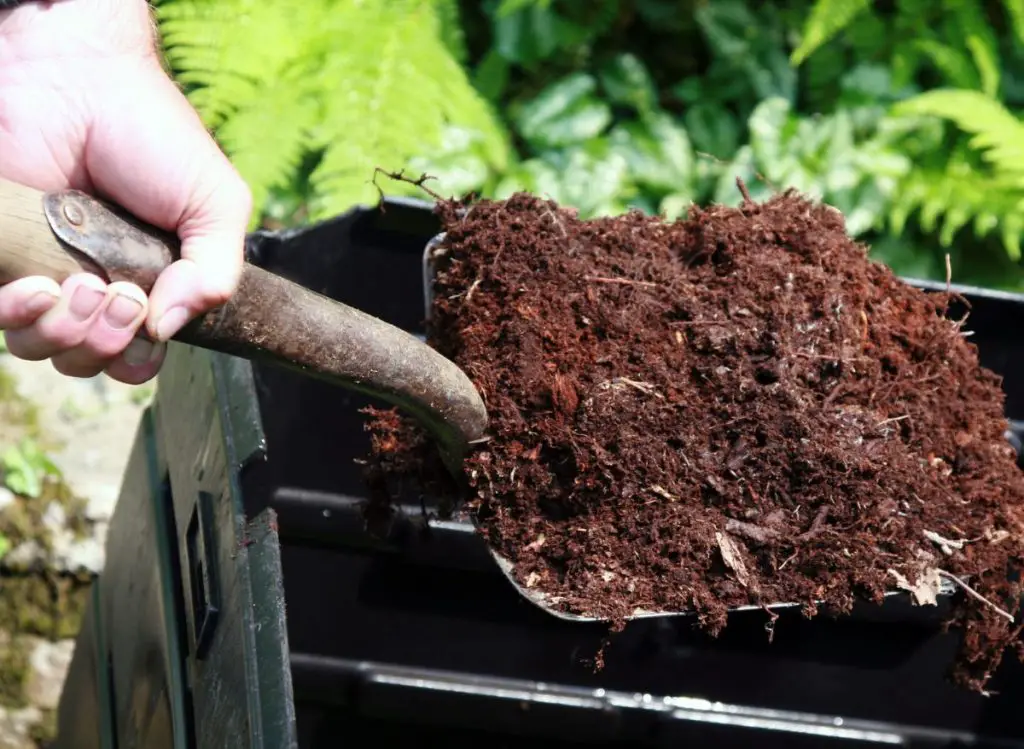
2- Eggshells
Eggshells are an excellent source of calcium for plants, which is crucial for healthy roots, stems, and leaves.
What are the benefits of using eggshells as fertilizer? Eggshells can supply all the calcium carbonate the soil needs, helping lower the soil’s pH level and making it more alkaline than acidic. Using Eggshells as fertilizer benefits plant growth because many plants thrive in soil with low acidity.
To use eggshells as a fertilizer:
- Rinse and dry them
- Then grind them up into a fine powder.
- Sprinkle the powder in the soil or mix it into a compost pile.
The good news is that eggshells are also an effective pest control method, as the sharp edges of the shells deter slugs and snails.
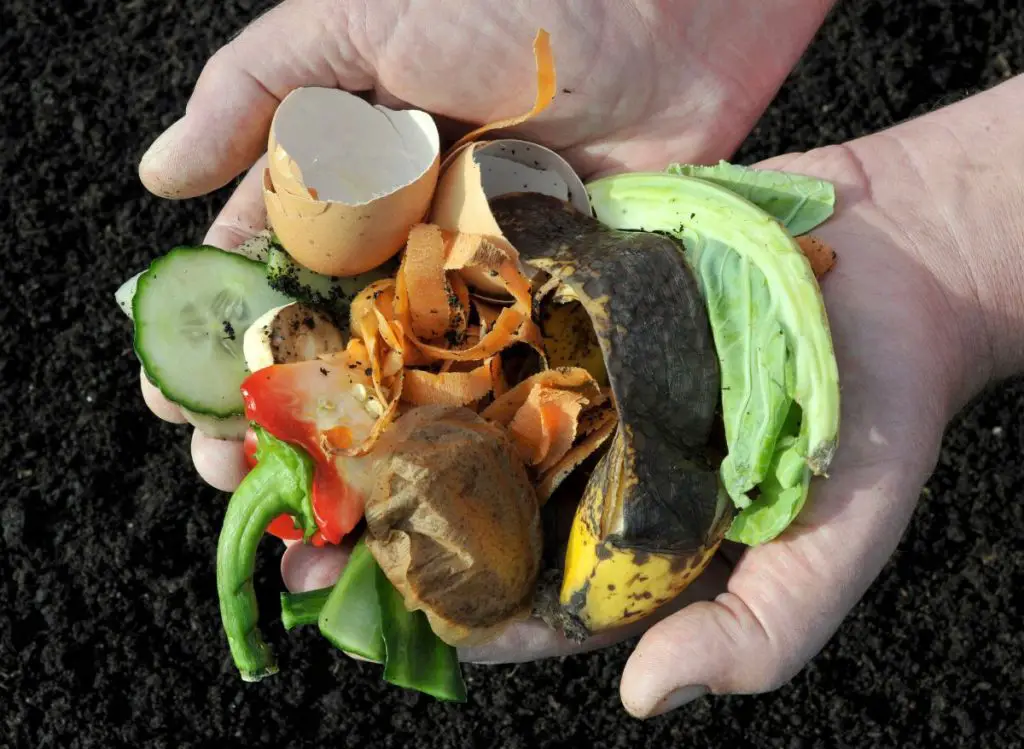
3- Epsom Salt
Epsom salt is not technically a fertilizer, but it contains the essential nutrients magnesium and sulfate, which can be beneficial to plants. The good news is that Epsom Salt is an affordable and readily available mineral that plants need to grow.
Adding a tablespoon of Epsom Salt to a gallon of water and using this solution to water plants once a month can do wonders for your garden. Epsom Salt is also an effective pest deterrent, as it can discourage pests like slugs and beetles.
Epsom salt contains magnesium, which is vital for chlorophyll production, and sulfur, which is important for amino acid formation. Magnesium plays a critical part in chlorophyll synthesis, and sulfate supports the uptake of nutrients in plants.
Adding Epsom salt to your soil can improve plant growth, boost blooms, and enhance the plant’s foliage. It is easy to dissolve and can be incorporated into watering routines once a week. If you are curious about how to use Epsom Salt to kill weeds, I wrote a quick guide that I encourage you to check out.
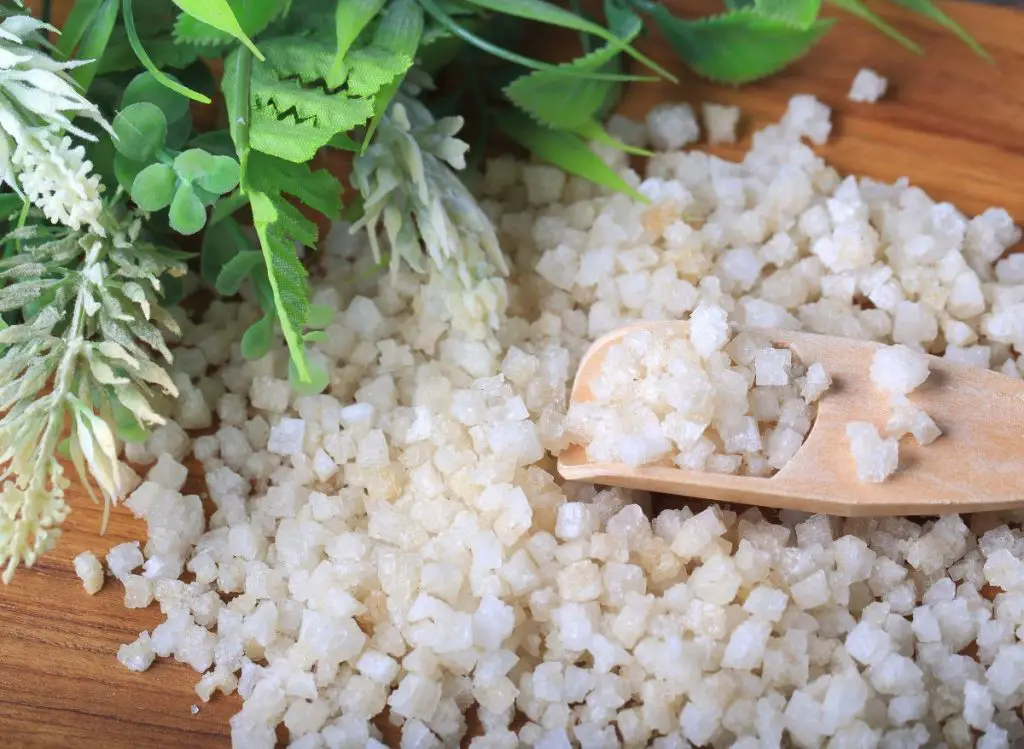
4- Fish Emulsion
Fish emulsion is made from the byproducts of fish processing and is an effective and affordable fertilizer alternative to Miracle-Gro. It is high in nitrogen, which is essential for vegetative growth, and also contains trace minerals that are vital for plant health.
Fish emulsion is available at most gardening stores and can be added to your compost pile, used as a foliar spray, or added directly to the soil.
5- Other Fish fertilizer
Fish fertilizer is an excellent source of nitrogen, phosphorus, and potassium, and it doesn’t have the same environmental concerns as chemical fertilizers.
Fish fertilizer is typically made from the waste products of fish or seafood processing plants. The smell can be a bit overwhelming, but it is a very effective fertilizer that can also boost microbial life in the soil.
Fish fertilizer, also sometimes called fish emulsion, can be mixed with water, making it an easy-to-use and affordable option for any gardener.
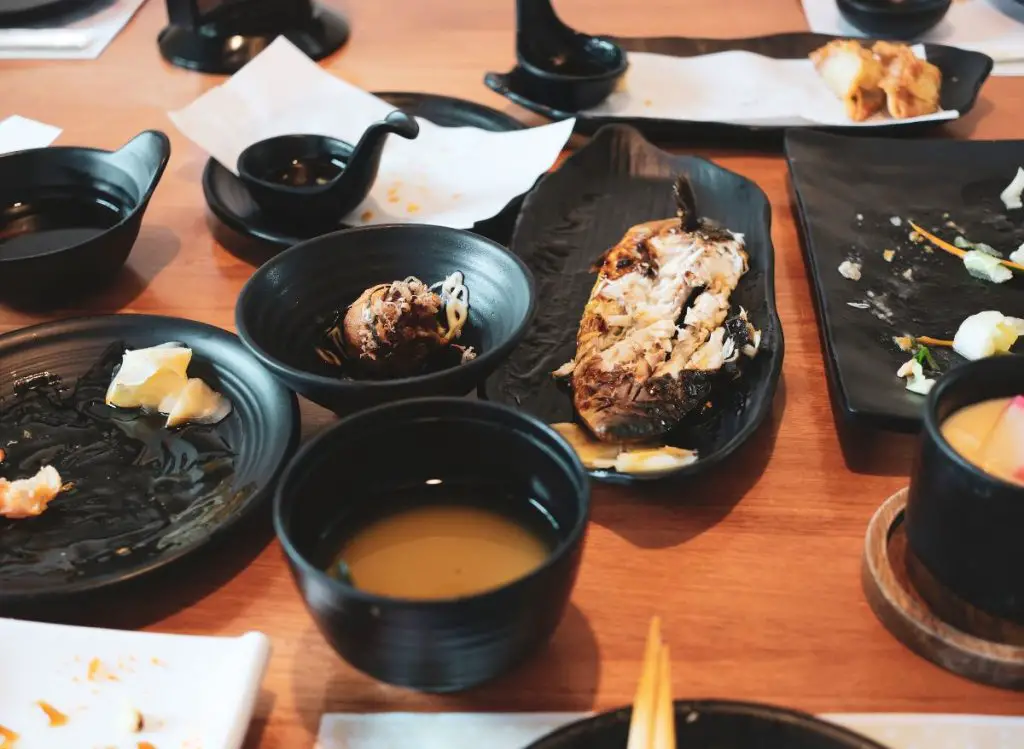
6- Seaweed Fertilizer
Seaweed is rich in minerals, including potassium, calcium, and magnesium, which are vital for healthy plant growth. It’s also a natural source of trace elements like iron, copper, and zinc.
Seaweed-based fertilizers are accessible, affordable, and effective for fertilizing a wide range of plants, from vegetables to flowers. They can be applied as liquid or dried powdered seaweed and can even be added to compost piles.
The good news is that Seaweed is a natural, eco-friendly fertilizer, and it is also low in salt and helps reduce soil salinity levels. In addition, Seaweed contains growth hormones and cytokinins that increase the plant’s resistance to environmental stresses and enhance nutrient absorption.
You can either buy dried seaweed or gather fresh seaweed if you live near the coast and then blend it before adding it to your garden’s soil.

7- Coffee grounds
Coffee grounds are another popular option to nourish plants, and you can easily obtain them for free at most coffee shops.
Generally, Coffee grounds contain a good amount of nitrogen, potassium, and phosphorus, which can be powerful aids for growth and flowering.
Coffee grounds also have the benefit of being organic and sustainable. Be sure to compost them or mix them into the soil to avoid acidity build-up and potential harm to your plants.
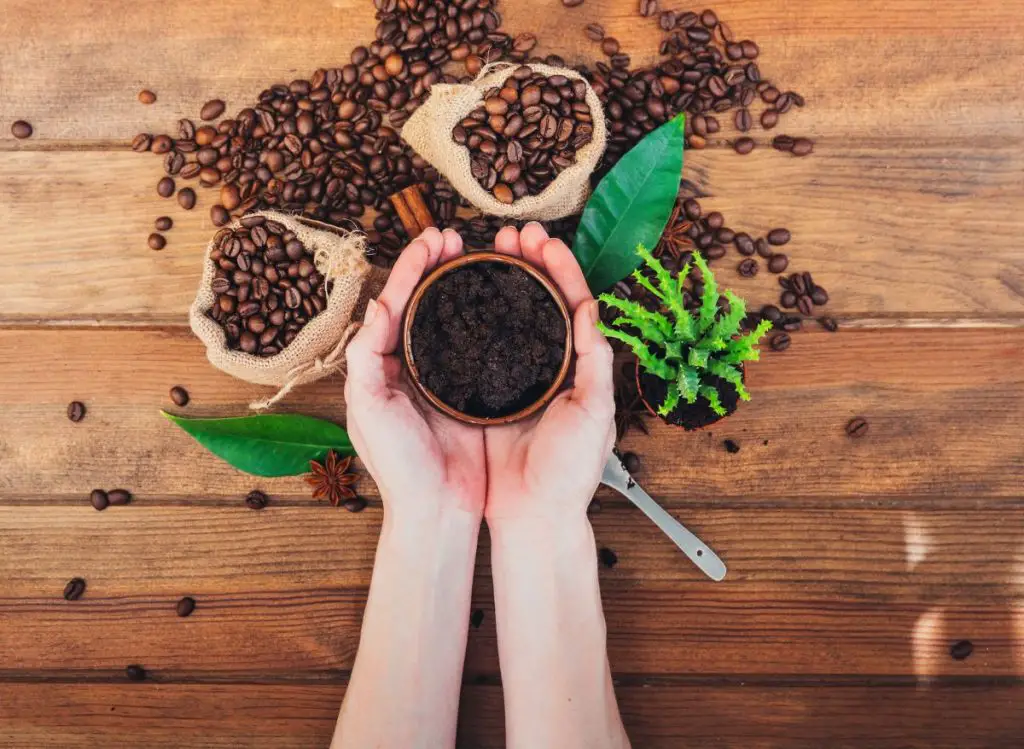
What to read next:
- How To Effectively Use Coffee Grounds as Fertilizer (Here’s How!)
- Which Plants Like Coffee Grounds? (And how to grow them properly!)
- Can You Put Coffee Grounds In Potted Plants? (Here’s the truth!)
Closing Thoughts
I believe that Gardening doesn’t have to be an expensive hobby, and there are many alternatives to Miracle-Gro that can work just as well.
Using natural alternatives to synthetic chemical fertilizers can be better for the environment, reduce costs, and improve the health of your plants. Compost, fish fertilizer, coffee grounds, Epsom salts, and seaweed all offer practical and effective ways to feed your plants, nourish the soil, and promote healthy growth.
I encourage you to incorporate the options outlined in this article into your gardening routine to help you achieve a beautiful and environmentally friendly garden. And, the next time you are in the garden center tempted to buy a big bag of Miracle-Gro, I suggest you consider trying one of these cheaper alternatives instead.


